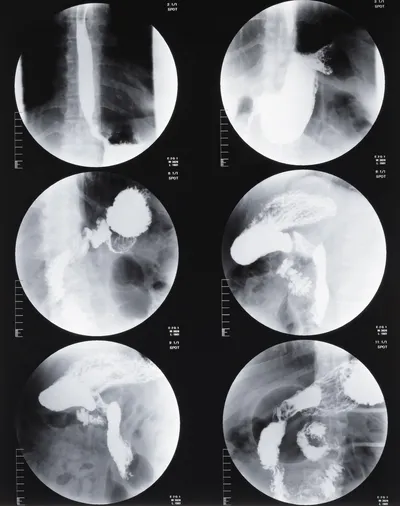
Recently, a research team from the University of Michigan collected stool samples from 30 healthy people, 30 people with precancerous intestinal polyps, and 30 ppeople with advanced colon or rectal cancer. The team discovered that each of the three groups had a different gut bacteria composition and that studying gut micro biomes was more effective in detecting precancerous polyps than examining faecal occult blood samples (another type of stool sample test).
Study author Patrick Schloss, an associate professor in the department of microbiology and immunology at the University of Michigan, says examining gut micro biomes may be a very effective way of identifying the people most at-risk for developing colon cancer.
“If our results are confirmed in larger groups of people, adding gut micro biome analysis to other faecal tests may provide an improved, non-invasive way to screen for colorectal cancer,” Schloss said.
However, Schloss feels the new tactic is unlikely to replace existing methods for detecting cancer in this part of the body.
“Our data show that gut micro biome analysis has the potential to be a new tool to non-invasively screen for colorectal cancer,” Schloss noted. “We don’t think that this would ever replace other colorectal cancer screening approaches, rather we see it as complementary.”
The University of Michigan research team’s report has now been published in the journal Cancer Prevention Research.



